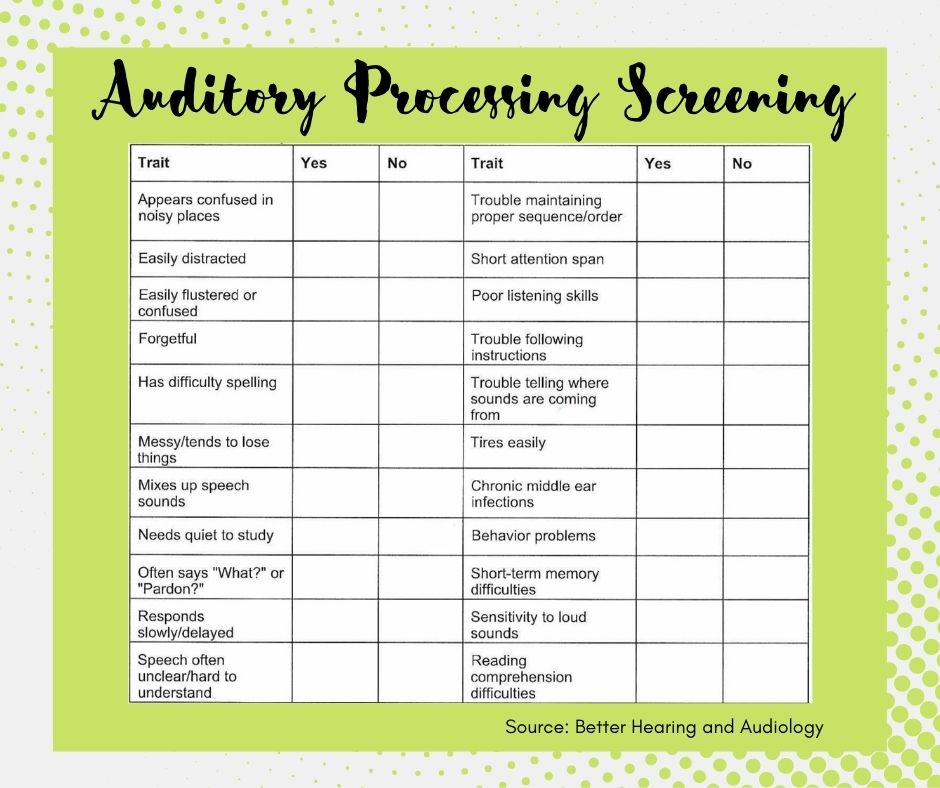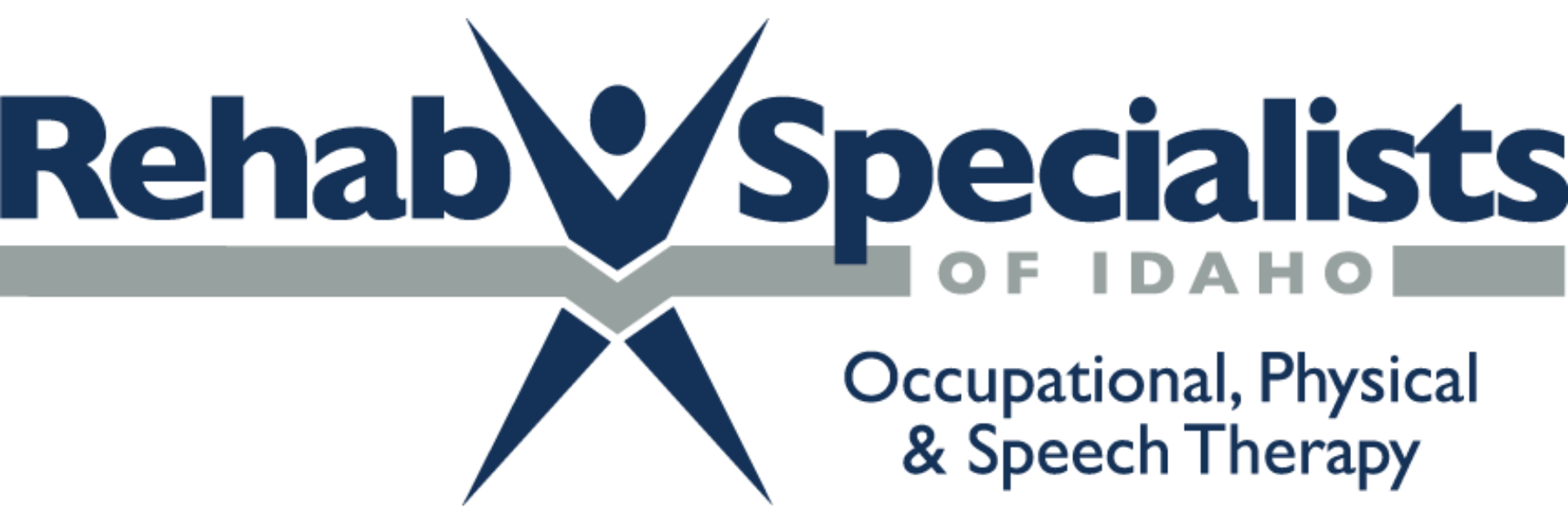
An Auditory Processing Disorder (APD) is present when a person has difficulty understanding sounds, including spoken words. An APD is very commonly misdiagnosed among young children and until recently couldn’t be diagnosed until a child was older, around 9 or 10 years old. However, with the help of a speech-language pathologist and a trained audiologist, children are now able to be diagnosed as young as 4-years-old.
According to the ASHA (American Speech-Language-Hearing Association) “Children with APD may act like they have a hearing loss. They may not follow directions, or they may give the wrong answers to questions. It can be hard to know if your child has APD. It is often confused with attention, language, or learning problems. Children with APD can have trouble in school and at home.”
Sandy Reddish, a Rehab Specialists of Idaho Speech-Language Pathologist explains that establishing a APD diagnosis is crucial to the success of speech therapy for many children.
“Auditory Processing is foundational to language. If you think about how language develops in a baby, they first heard noises and sounds, and then they start to develop a system that puts those together in a context. If there are (ADP) struggles and (therapists, teachers, and parents) are not looking to check on these skills to see where the holes are foundationally–they might be learning–but their brain could really be struggling to process,” said Reddish.
Reddish explained that lots of times if a child has ADP they learn to rely contextually (on their other senses and surrounding information) at a really young age just to try to function. Neurologically speaking, the mental load is huge for these children and very fatiguing and difficult.
If you are concerned about your child or answered more than half of these screening questions as ‘yes’, contact an RSI Speech-Language Pathologist 208-359-9570
